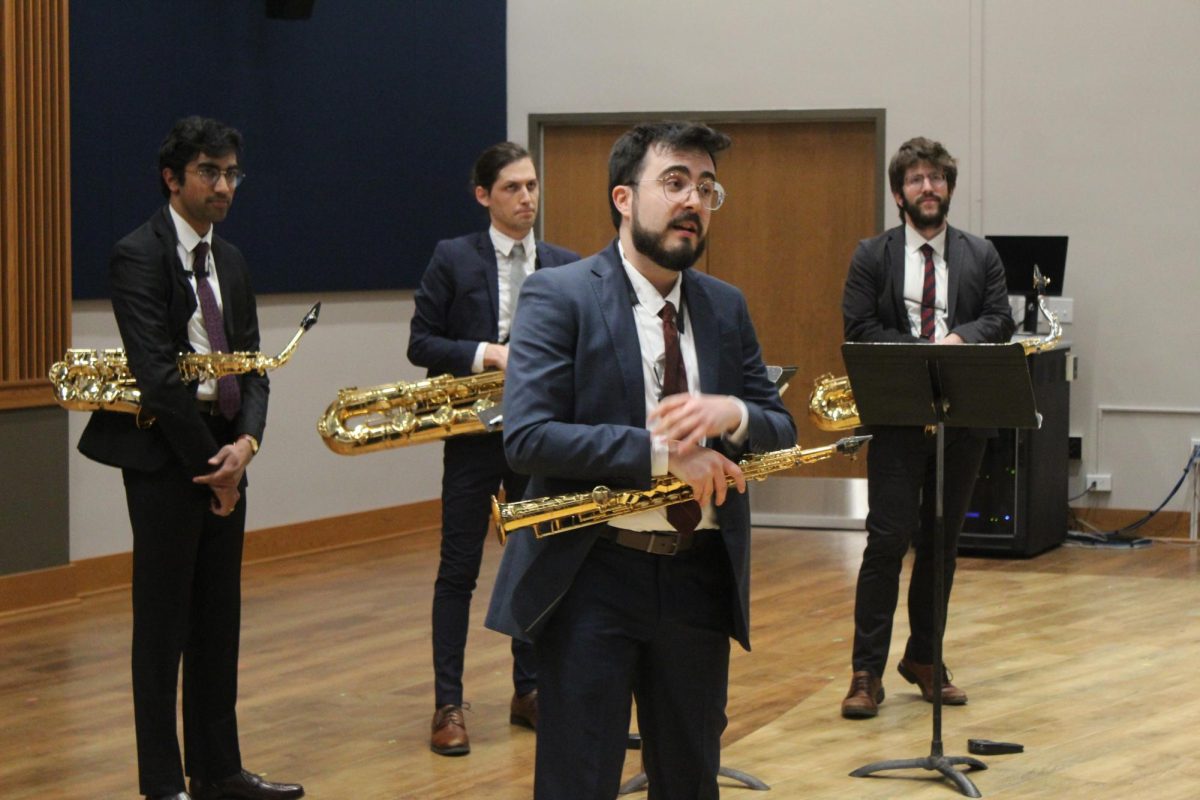Greek Life participation at Augustana College is fairly pervasive. A walk across campus will display apparel with letters of all kinds, representing the 15 social fraternities and sororities and a handful of special interest and service groups that are also considered fraternities and sororities.
Augustana junior Alivia Phelps says that her three years at the college so far have felt the effect of Augustana’s Greek Life, even though she’s not a member of any particular group herself. “Even when you’re not in Greek Life, you still hear about it,” Phelps said.
Phelps said that the things she hears about Greek Life are rarely positive: “There’s this whole level of secrecy and exclusivity that decides what you get to know. There’s this connotation that Greek business is Greek business.”
Phelps has concerns about what that mindset can do when it comes to the campus as a whole.
She believes the complacency created by their allowed privacy allows groups to continue pushing what they can get away with, creating a level of leniency that just doesn’t exist with other student groups.
However, she does have some hopes for change this year.
“I think pledging is looking a lot different right now,” Phelps said. “Groups are covering themselves a lot more, because they’re kind of under a microscope.”
Through this mindfulness and reflection, Phelps believes that Greek groups are on a path to more accountability.
Dr. Jennifer Popple, a professor in both the Theater and Women and Gender Studies departments, recently became a faculty advisor for social sorority Sigma Kappa Tau. Outside of the advisor position, as a professor, Popple says day- to-day interactions with Greek Life don’t amount to much more than seeing the letters.
However, she and other staff are always aware, just like students not in groups, of the larger news that occasionally comes out of the groups. When it comes to secrecy, Popple has some of the same concerns as Phelps.
“It’s very layered, and can be dangerous – secrecy,” Popple said. “It can create this atmosphere with no accountability.”
But Popple also acknowledges that secrecy, in measures, is inherent to all sororities and fraternities, as it can help build a group identity.
There are positives to Greek Life mentioned as well, such as building community and ongoing service efforts. Phelps also mentioned community, particularly how she had built her own over her three years of college, without being a part of a Greek group.
“I feel like those are the people I chose to hang out with,” Phelps said. “I’m not part of a huge group where I may not even like some of the people.”
First-year Ravyn Davis has also noticed that Greek Life’s presence can be felt by everyone on campus.
“Just last week, when they sent out the bids, it seemed like every single door had one of those posters on it,” Davis said. “And campus feels different; there’s this chaotic energy that pledging brings.”
Davis also mentioned secrecy, though she feels that as a first-year she sees more honest and open conversations happening, contributing to the accountability that all of campus seems to be looking for from Greek Life.
Davis also mentioned wondering about certain aspects of pledging, specifically degrading people in the hope of building bonds with them.
This was a concern shared by everyone interviewed for this story. Popple recalled her own pledging process during her time in college, and the irreversible dislike it created for some of the people she was expected to think of as sisters.
Hopefully, the conversations created by situations like the current one with the Phi Omega Phi fraternity create space for more reflection in Augustana’s wider Greek Life community.
Outside perspectives can help the groups determine how they can make efforts for more accountability, more positive uses of secrecy and discouraging complacency and notions of “Greek Business.” When Greek Life is as widespread as it is on Augustana’s campus, Greek issues are campus issues.








































































































